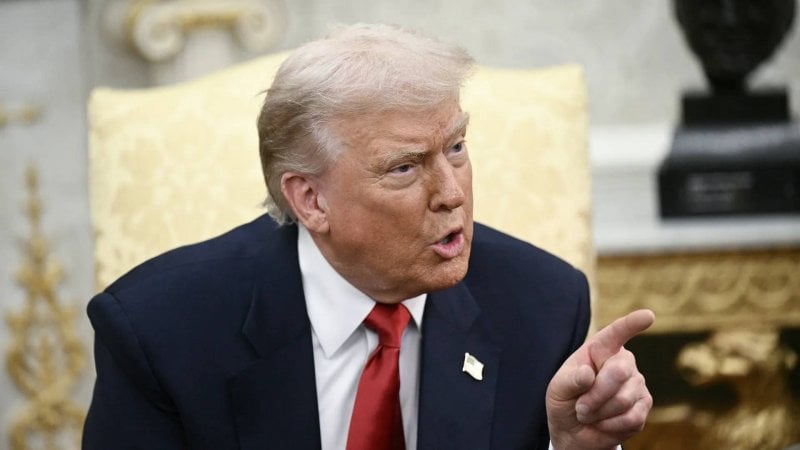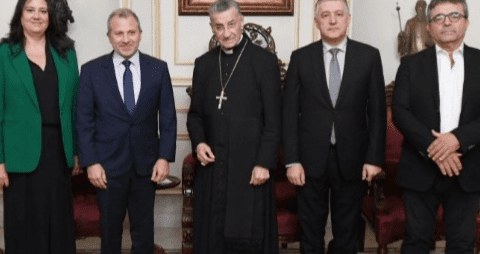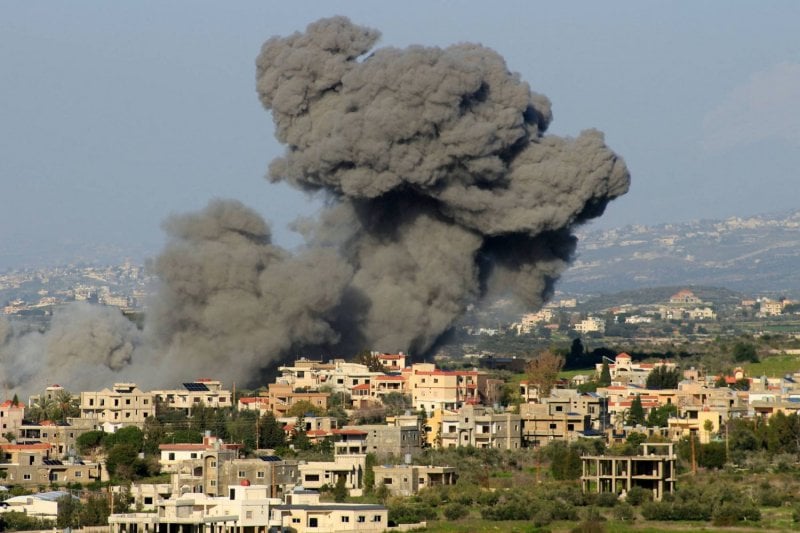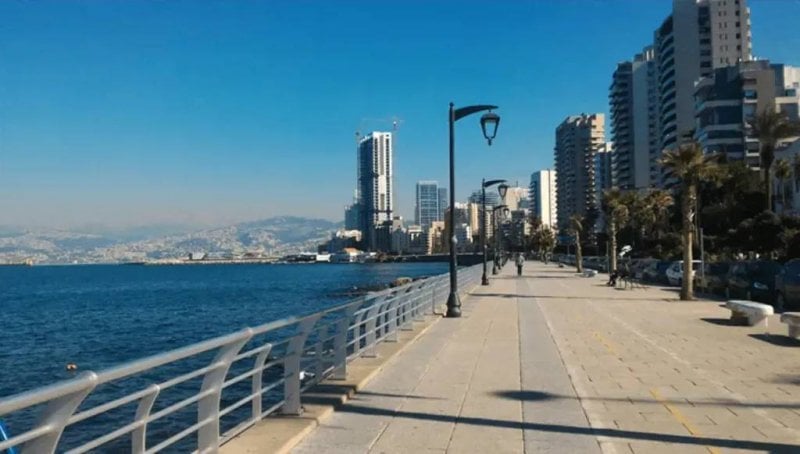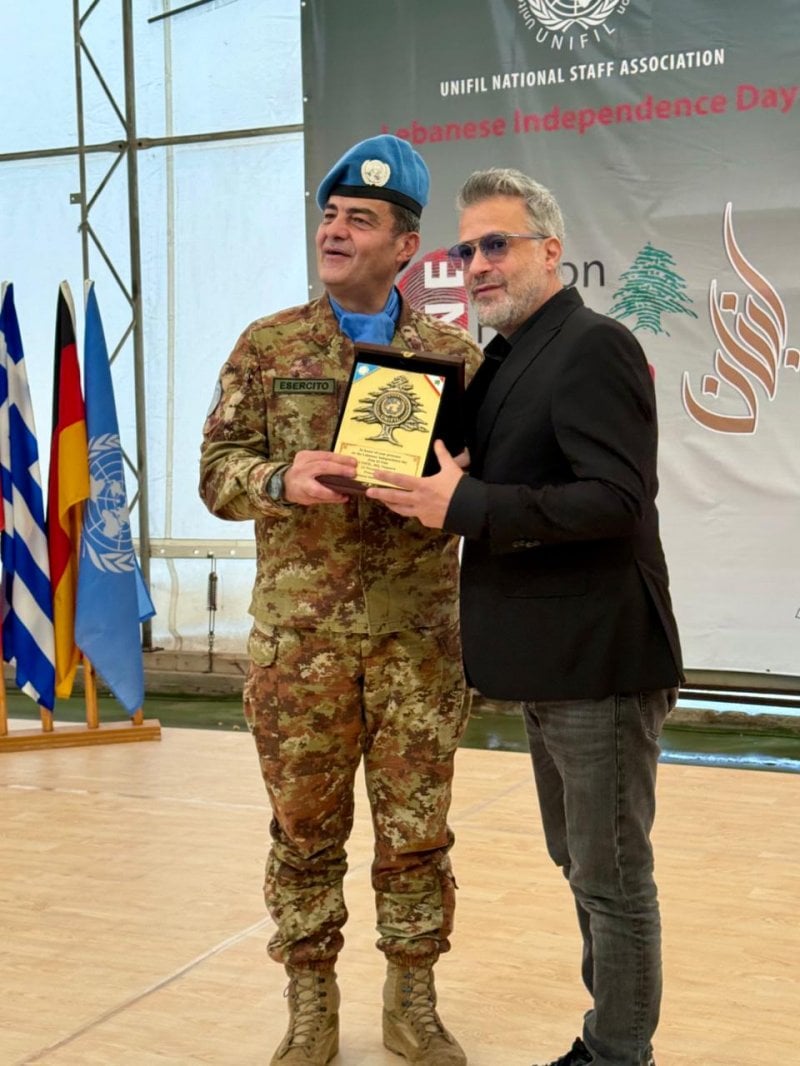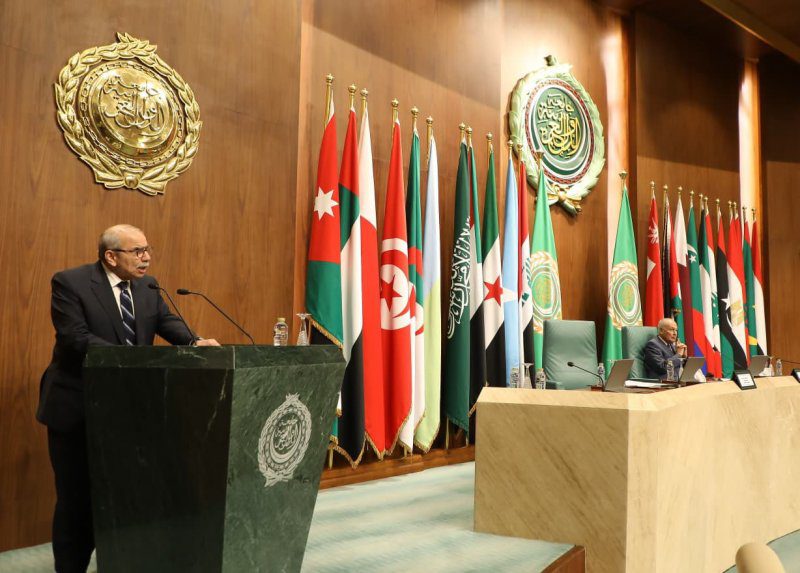
Salam pointed out that he attended the meeting of the Lebanese-Egyptian High Joint Committee, where extensive discussions took place on various aspects of cooperation that affect the lives of citizens in both countries, noting that fifteen agreements and memoranda of understanding were signed, and emphasizing at the end of the meeting that “what unites Lebanon and Egypt is deeper than agreements, as the relations between the two countries are not the result of a transient political or economic circumstance, but rather a relationship of emotion, history, and shared destiny.”
Salam added: “Since the beginnings of the modern Arab renaissance, Lebanese and Egyptians have been partners in thought, culture, art, and media,” recalling historical moments of cooperation “from Beirut to Cairo, from the American University to Al-Azhar Al-Sharif, from Butrus al-Bustani to Taha Hussein, and from the Rahbanis to Umm Kulthum,” stressing that this relationship “wove its threads over decades, illuminating the sky of Arabism and enriching its conscience.”
From the platform of the League of Arab States, Salam affirmed that the Arab world needs a new formulation of the concept of Arab national security on modern foundations, explaining that “security is not reduced to the military dimension alone, no matter how important it is, but must include economic, educational, technological, and social dimensions,” considering that “military security is a fundamental pillar but is insufficient unless it is supported by economic, social, and knowledge security, because guns do not protect a hungry nation, nor a society divided against itself, nor a state unable to produce knowledge.”
Salam continued, saying that the Palestinian issue “remains at the heart of Arab challenges, as it summarizes in its injustice the meaning of Arab absence, and in its steadfastness the meaning of Arab hope.”
The Prime Minister stressed that understanding the common interest in its broadest sense “is not based on a temporary deal but on a system of shared life, starting from a mutual understanding that the prosperity of every Arab country is a guarantee of the prosperity of its neighbors, and that the loss in any corner of the nation is a loss for all.”
Salam concluded: “We must learn how to turn common interest into a need, need into commitment, and commitment into a permanent action. When partnership becomes a need, Arab action is freed from the seasonality of discourse to the permanence of the project, and integration turns from a wish to a basis for joint action.”
In conclusion, Salam affirmed that “building a common interest does not mean abolishing particularities, but rather transforming them into sources of wealth, as integration does not mean uniformity, but rather cooperation in difference.”



